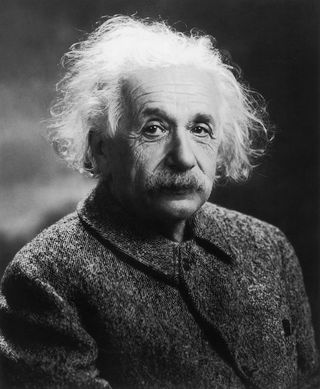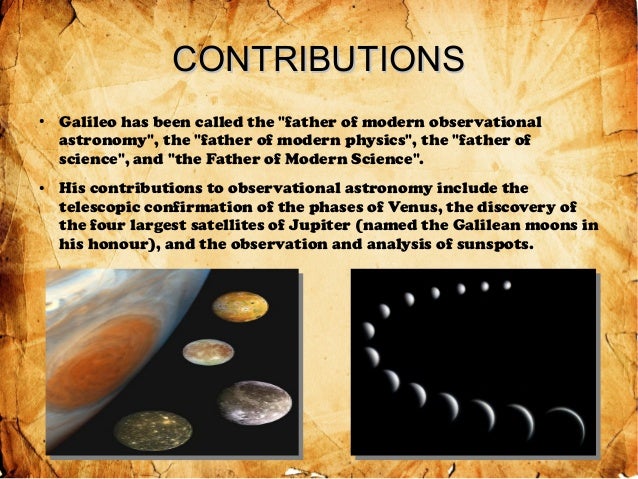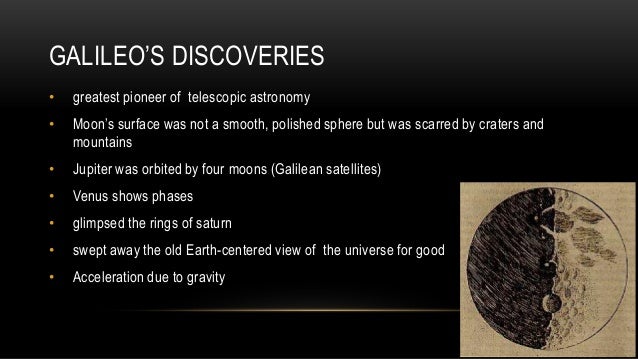His theories led scientists to understand new ways to look at energy matter gravity space and time. He published four outstanding scientific papers in the year 1905.
 Albert Einstein S Enormous Contribution To Science And How To Groom His Distinctive Mustache Beardoholic Einstein Albert Einstein Philosophy Of Science
Albert Einstein S Enormous Contribution To Science And How To Groom His Distinctive Mustache Beardoholic Einstein Albert Einstein Philosophy Of Science
One of these papers explained.

Albert einstein contributions to science. Many people regard him as a genius. He also discovered the explanation for the photoelectric effect which was vital to the later development of the theory of quantum mechanics. His intelligence can be explained by his childhood but can be proved by his contributions to the field of physics.
Einstein was born on March 14 1879 in Ulm Wrttemberg Germany. Albert Einstein is famous for his work that contributed to the important advancements in science such as space exploration applications of light and atomic energy. But he also spoke about social justice morality and happiness.
His impact on the philosophy of science cannot be doubted and in 1921 as recognition for his work he received the Nobel Prize in Theoretical Physics. E mc 2 is his most famous equation and it expresses the relationship of energy to mass with E as energy M as mass and C as the speed of. He put forth the following explanations for the scientific community.
This might far and away be. Certified Educator Albert Einstein s most important contribution to science was his development of the Special Theory of Relativity in 1905 and subsequent 1915 development of his Theory of. He won the 1921 Nobel Prize in physics for his work on photoelectricity and he made many scientific discoveries that define science and technology as it is today.
You think you know Albert Einsteins contributions to scienc ewatch know. Albert Einstein was a renowned theoretical physicist whose contribution to the world of science has gone a long way in defining the pillars of modern physics. In the early years of his career he published a small group of papers.
Albert Einstein born March 14 1879 Ulm Württemberg Germanydied April 18 1955 Princeton New Jersey US German-born physicist who developed the special and general theories of relativity and won the Nobel Prize for Physics in 1921 for his explanation of the photoelectric effect. COntributions to science Albert Einstein did a lot of individual work and advanced the findings of many scientists. Some of his contributions and discoveries are the theory of relativity and the photoelectric effect.
A year after discovering general relativity Albert Einstein published his theory of stimulated emission on which laser device technology is based. Albert Einstein is one of the most well known scientists physicists and thinkers of all time. This year is therefore called Einsteins annus mirabilis or miracle year.
Albert Einstein made many contributions to science most notably his development of the theories of special and general relativity. Albert Einstein was a German-born theoretical physicist best known for his Special and General Theory of Relativity and the concept of mass-energy equivalence expressed by the famous equation E mc2. Relativity and quantum mechanics are together the two pillars of modern physics.
He postulated 1905 light quanta photons upon which he based his explanation of the photoelectric effect and he developed the quantum theory of. Einstein is known for developing the theory of relativity but he also made important contributions to the development of the theory of quantum mechanics. He demonstrated the link between mass and energy that lead to Nuclear energy today.
Albert Einstein Quantum theory of light proposed that light is composed of small packets of. Albert Einsteins contributions to mathematics include the theory of relativity the photoelectric effect the motion of particles when suspended within a liquid and the mathematical formula E mc2. Albert Einstein had contributed a lot in the field of science and discovered many aspects of our physical world.
The four major areas of science that Albert Einstein contributed to are Light Time Energy and Gravity. In addition to the theory of relativity Einstein is also known for his contributions to the development of the quantum theory. His theories solved centuries-old problems in physics even non-physicists for example philosophy in the science field overall he changed the view of the world.
20 Brilliant Quotes From Albert Einstein the Theoretical Physicist Who Became World Famous Albert Einstein one of the greatest scientists of all time is best known for his theory of relativity. Albert Einstein Contributions 884 Words 4 Pages Albert Einstein one of the most recognized and well known scientists. Albert Einstein Contribution to Science Quantum Theory of Light.
Currently this technology is used in such commonplace activities like reading a bar code or using a pointer in a presentation but it is also used for delicate surgery or industrial processes that require exact precision.
Galileo was the precursor of the law of the movement postulated by Newton. There were many astronomical discoveries by Galileo which the people today simply accept as common senseGalileo discovered the surface of the moon being rough and uneven also in 1610 he was able to discover four moons revolving around Jupiter.
He provided the crucial observations that proved the Copernican hypothesis and also laid the foundations for a correct.

Galileo contributions to astronomy. Galileo Galilei Contributions to Astronomy. 2 - Improvement of the telescope. The Celestial Sphere and Early Observations - Duration.
Having not seen the telescope he made a superior version which he used to make many astronomical discoveries. This design however went unbuilt until after the construction of the first working pendulum clock by Christiaan Huygens. Of Padua where he remained for 18 years.
In 1609 as he heard reports about an ordinary magnifying tool put together with the use of a lens-grinder that happened in Holland Galileo built the 1st comprehensive astronomical telescope. Galileo was the father of modern astronomy. Contributions to Astronomy In 1609 Galileo heard of the telescope invention in Holland.
History of Astronomy Part 1. Galileo was an Italian astronomer mathematician physicist philosopher and professor who made pioneering observations of nature with long-lasting implications for the study of physics. One may also ask what did Galileo contribute to science.
Galileos biggest astronomy discoveries By 1610 hed spotted the four moons of Jupiter that would later bear his name. In 1592 Galileo Galilei started to teach mathematics in the University of Padua where he worked as a teacher for 18 years. Born in 1564 Galileo Galilei known as the father of astronomy revolutionized how we understand the system our Earth revolves in and the way we place ourselves in it thanks to his many controversial claims and observations of the Milky Way and our Solar System.
Professor Dave Explains 38372 views. These four bodies had an added significance however. The first pendulum clock.
In dealing with Galileo as an astronomer it is certainly not my aim nor will I be expected to enumerate and describe the many achievements and discoveries by which he contributed to disposing of age-old prejudices and to clearing the way to a new and supposedly unbiased approach to science altogether and to astronomy in particular. His contributions to observational astronomy include the telescopic confirmation of the phases of Venus the observation of the four largest satellites of Jupiter the observation of Saturns rings and the analysis of sunspots. If that wasnt enough as well as Galileos contributions to astronomy he also designed a major component for the first pendulum clock Galileos escapement.
The chief aim of the present paper is to destroy the not even pious legend of Galileos early Copernican convictions. He made numerous significant discoveries in astronomy including the Phases of Venus and the four largest moons of Jupiter. Galileo Galileis most outstanding contributions 1- First law of the movement.
There in 1609 having heard reports of a simple magnifying instrument put together by a lens-grinder in Holland he constructed the first known complete astronomical telescope. He was able to discover that there were valleys. Galileo Galilei Galileo Galilei 1564-1642 was a pivotal figure in the development of modern astronomy both because of his contributions directly to astronomy and because of his work in physics and its relation to astronomy.
He also constructed a telescope and supported the Copernican. Galileo is the first known person who studied the skies in detail with a telescope. His contributions to science include the Galilean Invariance and discovery of Isochronism in pendulums.
Galileo did not invent the telescope however the improvements made by the scientist. He also made revolutionary telescopic discoveries including the four largest moons of Jupiter. He originally named these moons the Medicean stars in a ploy to attract some powerful new patrons the Medici family rulers of Florence.
This legend is based above all on his letter to Kepler of 4th August 1597 in which he claims to have subscribed for many years past to the teaching of Copernicus. Contributions to Astronomy In 1592 he began lecturing on mathematics at the Univ. Galileos contributions to astronomy include manufacturing excellent telescopes for his time period studying the moon discovering four of Jupiters brightest moons discovering that Venus goes through phases similar to the moon which influenced astronomers to transition away from Aristotelian celestial physics and observing sunspots.
Galileo refined the concept of a telescope and was able to make telescopes with more than 30x magnification. Galileo was a natural philosopher astronomer and mathematician who made fundamental contributions to the sciences of motion astronomy and strength of materials and to the development of the scientific method.
